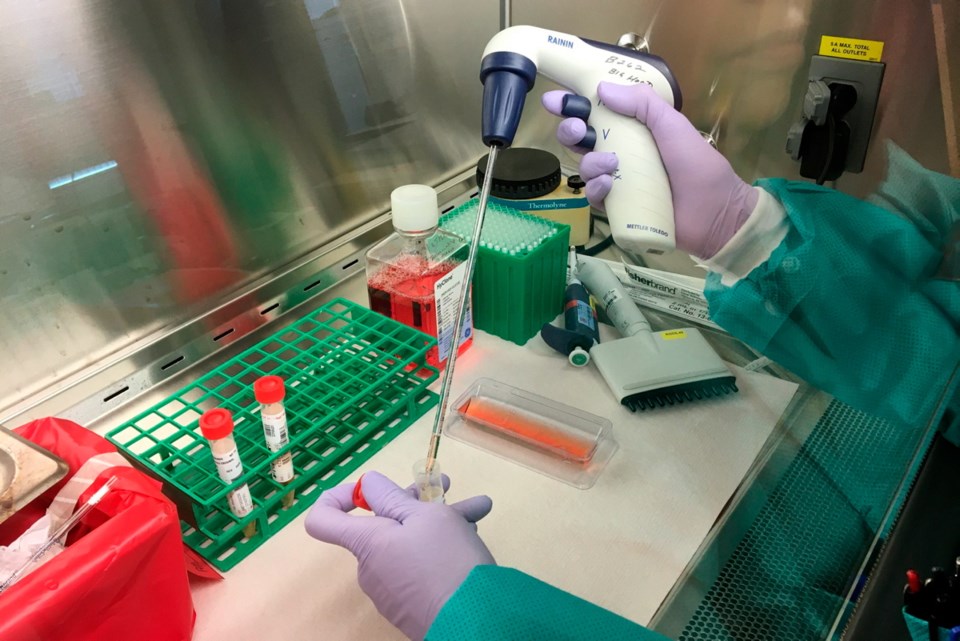How is the novel coronavirus, or COVID-19, spread?
• Droplets spread when an infected person coughs or sneezes.
• Close personal contact such as touching or shaking hands.
• Touching an object with the virus on it, then touching your mouth, nose, or eyes before washing your hands.
How can you prevent it?
• Wash your hands regularly with soap and water for at least 20 seconds.
• If a sink is not available, use alcohol-based hand-rubs to clean your hands as long as they are not visibly soiled. If they are visibly soiled, use a wipe and then a rub.
• Don’t touch your eyes, nose or mouth.
• If you sneeze or cough, cover your mouth and nose with a disposable tissue or the crease of your elbow.
• Regularly clean and disinfect frequently touched surfaces
• Do not share food, drinks, utensils, etc.
Should I wear a mask?
• If you are sick, wearing a mask helps prevent you from passing on illnesses to other people.
• If you are not sick it may be less effective to wear a mask in the community.
Common symptoms:
• Fever, cough, difficulty breathing.
• The available information suggests the incubation period is up to 14 days — the time from when a person is first exposed until symptoms appear.
If you start experiencing symptoms:
• Isolate yourself from others immediately.
• Call a health care professional, a local public health authority or 811.
• Describe your symptoms and travel history. You will receive advice on what to do.
• If you plan to visit a health-care provider, call ahead so that they can arrange to have you assessed safely.
• Wear a mask to protect others.
• Travellers returning from the affected areas listed should self-monitor by taking their temperature in the morning and at nighttime, using a digital thermometer by mouth (oral). Do not take acetaminophen (e.g. Tylenol) or ibuprofen (e.g. Advil) during the 14-day self-isolation period unless your health-care provider advises otherwise.
What is self-monitoring?
• Self-monitoring means you monitor your health and the health of your children for symptoms such as fever, cough and difficulty breathing.
• Anyone who self-monitors is asked to avoid crowded public spaces and places where you cannot easily separate yourself from others if you become ill.
• Individuals who are self-monitoring are allowed to attend and work in school and participate in regular activities.
What is self-isolation?
• Self-isolation means avoiding situations where you could infect other people to help prevent the spread of infections.
• There is a small chance you can spread germs in the days before you feel sick.
• People at high risk of having been exposed to the illness are asked to self-isolate by staying home and to limit contact with others for 14 days.
If you have concerns or questions about your health, contact HealthLinkBC at 811 or speak with your health care provider.
For more information:
Go to healthlinkbc.ca/health-feature/coronavirus-covid-19
Source: HealthLinkBC



